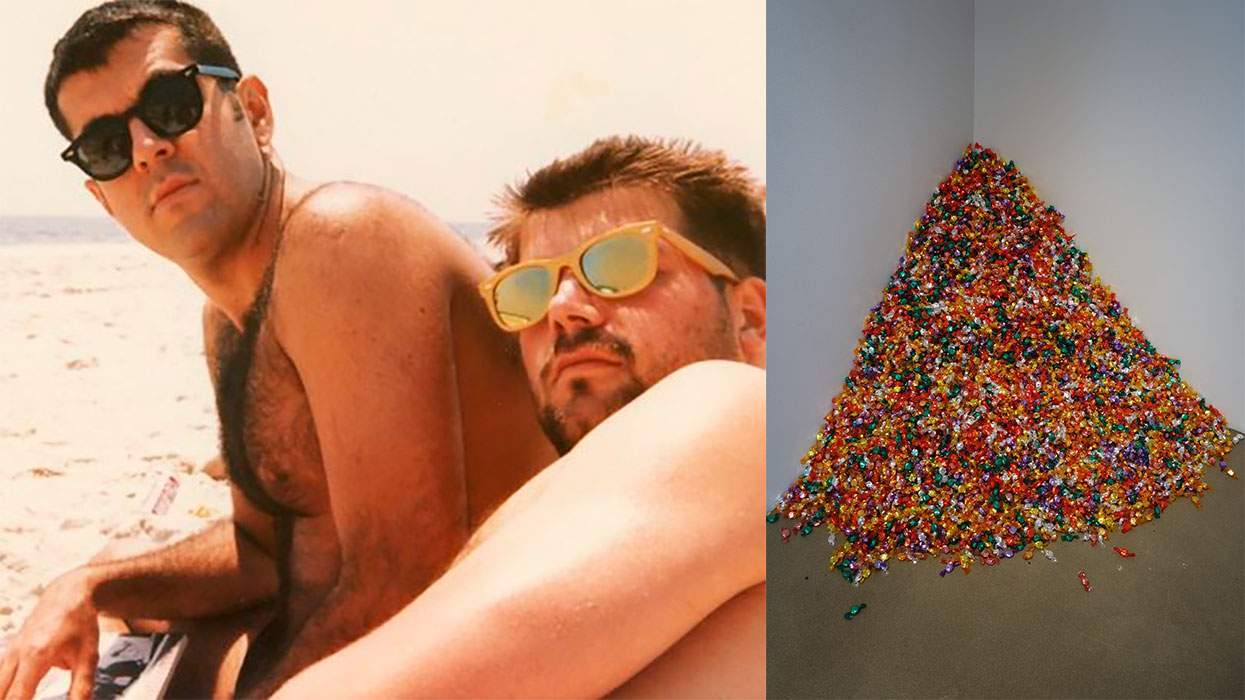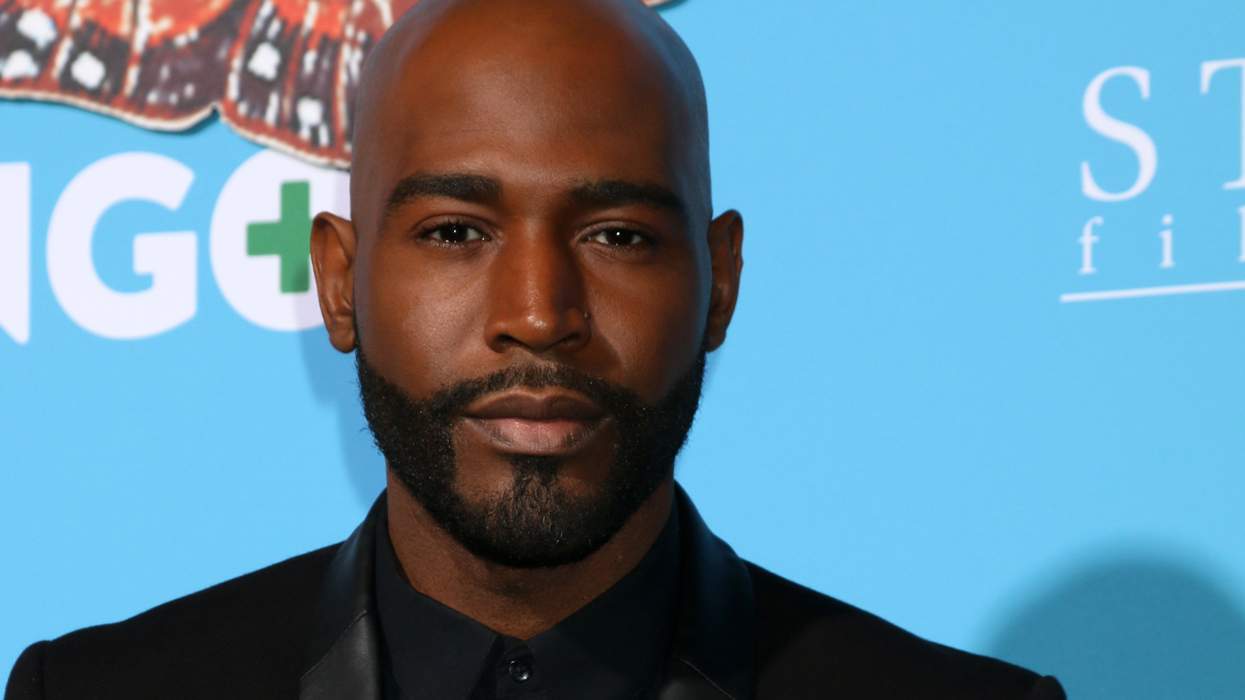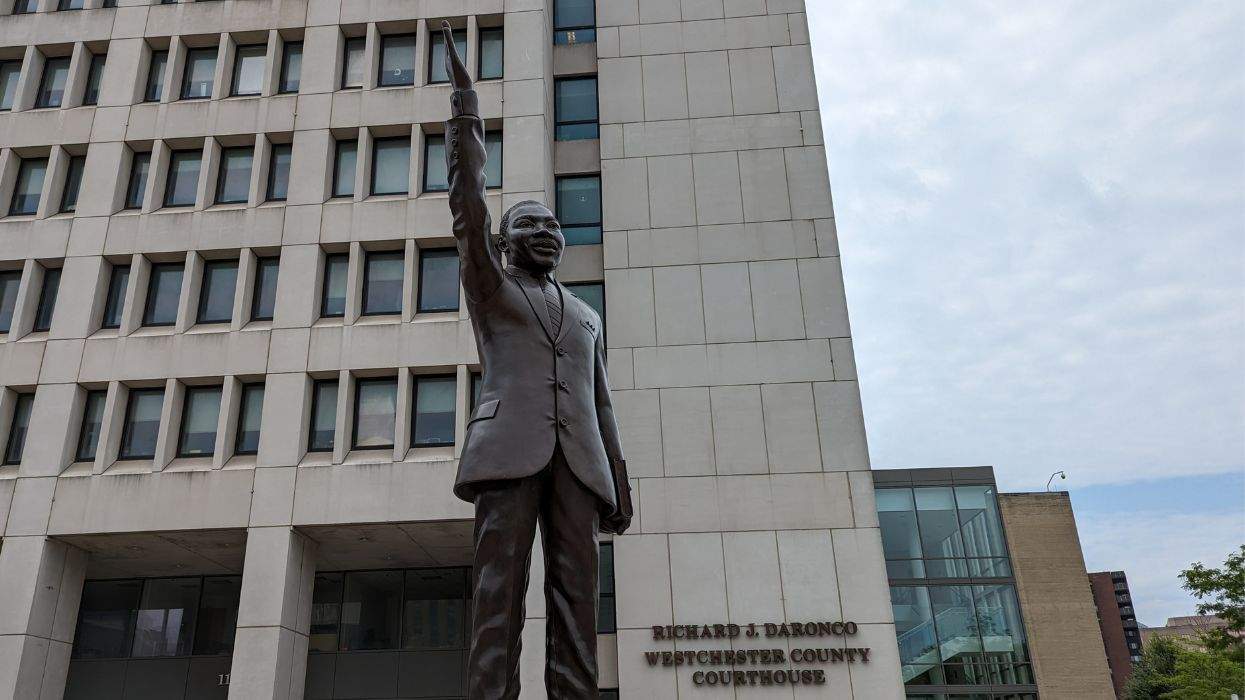A lot of people think that the fight for the freedom to marry for gay and lesbian couples is all about legal filings, demonstrations, and news coverage. I'm here to tell you that it's not: It's about real people, real lives, and sometimes, real tragedy. Recently, as I was readying the American Civil Liberties Union's response to two separate Supreme Court filings, I was reminded of Midori Fujii and Garth Wangemann, their struggles, and why I want to make the case for them (and so many others) in the highest court in the land as soon as possible.
Midori Fujii is one of our clients in the Indiana marriage equality case. She lived in a committed relationship with Kristie Kay Brittain from 2000 until Kris's death in 2011. Midori and Kris met in 1997 and married in Los Angeles in the summer of 2008. Months later, when Kris was diagnosed with ovarian cancer and going through multiple surgeries, Midori became her primary caregiver, using her sick leave and her paid and unpaid time off to care for her wife.
After Kris's death, despite the fact that the couple was married in California, Midori was required to pay more than $300,000 in state inheritance tax on the property that her wife left to her, including their shared home, because the law viewed them as strangers. In her time of grief, Midori was also denied the comfort and dignity of being acknowledged as Kris's widow.
Wisconsin couple Roy Badger and Garth Wangemann met in college. Together for 37 years, they have two dogs and a good life working and going to church in their Milwaukee community. Three years ago Wangemann was diagnosed with lung cancer and had much of his right lung removed. Following the operation, a complication occurred and he was put into a medically induced coma for nearly a month. During this time, Wangemann's father attempted to override Badger's power of attorney to have his son taken off life support. Luckly, before that could happen, Wangemann came out of the coma, but the couple is still shaken by the knowledge that the consequences of living without the protections that come with marriage can literally be a matter of life or death.
I'm thinking of these people now because Tuesday, Wisconsin and Indiana both filed petitions asking the Supreme Court to review last week's marriage equality ruling from the Seventh Circuit federal appeals court, which struck down those states' discriminatory marriage laws. The ACLU, as cocounsel for plaintiffs in both these cases, also filed papers urging the high court to take up the marriage issue again. While we disagree with these states' marriage laws, we are clearly on the same page about one thing -- these people and the larger issue of marriage equality deserve to be heard in the Supreme Court. We at the ACLU want to resolve the marriage equality issue for these two states and for the country as a whole as soon as possible.
The ACLU has a long history with the freedom to marry. In 1967 we represented Mildred and Richard Loving in their successful fight to end state bans on interracial marriage, in the landmark case Loving v. Virginia. In 1970 we brought the nation's first freedom to marry lawsuit for same-sex couples, in Minnesota. And since representing Edie Windsor in her successful challenge to the federal Defense of Marriage Act, with a ruling that came down in June 2013, we've filed marriage lawsuits on behalf of families fighting for equality all across the country.
Since then, dozens of courts have ruled in favor of equality for loving and committed same-sex couples, and 44 percent of the American people now live in a state with the freedom to marry. Given the appeals in many of the marriage cases, there is now an unfair and harmful patchwork of laws governing marriage for same-sex couples. It's time for marriage equality to be the law of the land, and we at the ACLU plan to make that a reality.
As of today, there are now five cases petitioning the Supreme Court for a hearing -- Indiana, Wisconsin, Utah, Oklahoma, and Virginia (where we also serve as cocounsel). America is ready for this to be decided. With Tuesday's filings, we're closer to my dream -- our dream -- of marriage equality in all 50 states. We're in it to win it and will be there every step of the way in making that dream a reality.
JAMES ESSEKS is the director of the ACLU's Lesbian Gay Bisexual Transgender & AIDS Project.















